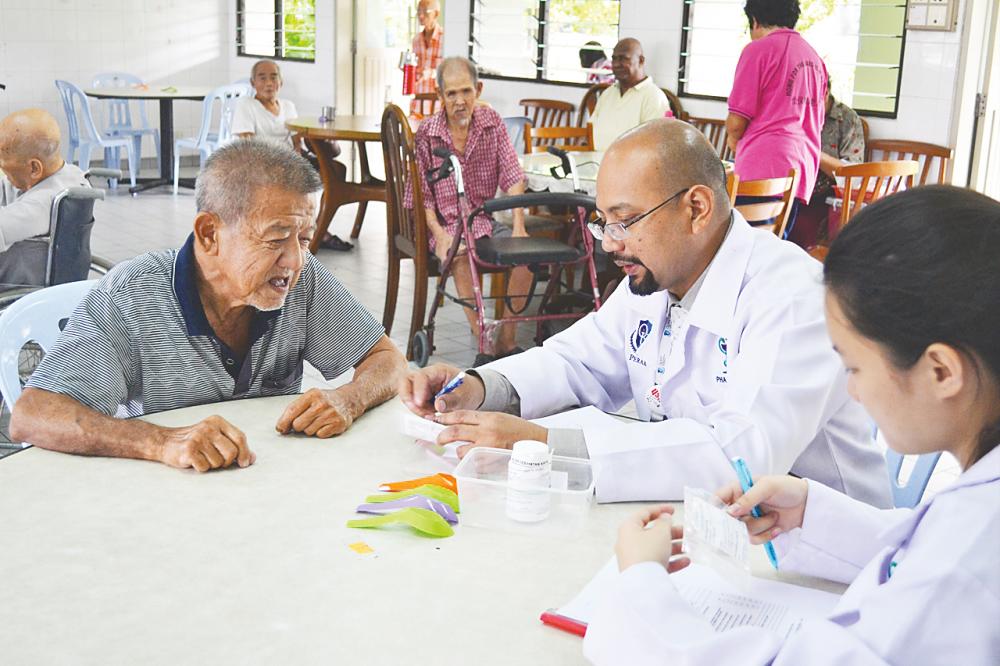FULLY accredited for the maximum five-year period by the Pharmacy Board of Malaysia and the Malaysian Qualifications Agency, Quest International University Perak’s (QIU)Bachelor of Pharmacy programme has achieved the official status of “Excellent”. This status indicates that the programme has cored more than 90 in the evaluation of its good practices in quality development standards. The accreditation further saw QIU excel in these ten areas of good practice:
- Vision, mission and goals
- Curriculum design and delivery
- Educational programme
- Student selection and student support services
- Teaching and academic staff
- Educational resources
- Programme monitoring and review
- Leadership
- Governance and administration total continuous quality improvement
- Self-critique and outcome measures.
The accreditation process was carried out by an audit panel comprising of pharmacy academicians from Universiti Kebangsaan Malaysia (UKM) and Universiti Sains Malaysia (USM), pharmacy practitioners from the Health Ministry and a representative from the Malaysian Pharmaceutical Society.
QIU Faculty of Pharmacy Dean Prof Datuk Dr Allan Mathews explained that the accreditation recognised how the QIU pharmacy programme had been developed to give undergraduates a real world experience from the outset.
He further pointed out that the innovative programme infused real world experience from the first year of the programme, unlike traditional programmes where exposure to practice aspects come later.
This, Mathews noted, covered the three main tenets of pharmacy practice; clinical pharmacy, industrial pharmacy, and community pharmacy. For their clinical pharmacy practice, the dean said each student was assigned to carry out monthly medication management on a patient, under the supervision of their lecturer.
“Students learn proper communication skills and confidence when they handle patients. These two aspects are something that today’s graduates lack. From Year 1, students are exposed to practice areas when they have completed a particular course. “For the industrial pharmacy aspect, the university has established a Pharmaceutical Production Pilot Plant so that students can gain exposure to a real production and quality control environment to prepare them for the industry,” he said.
Mathews added that the university has also set up a real community pharmacy within the campus where students are placed on rotation from Year 1 so that they are able to learn all about Community Pharmacy practice.
QIU CCO Nicholas Goh congratulated the faculty for their achievement, stressing that the programme was designed to ensure that the graduates were well prepared to excel when they entered the working world.
“The Pharmacy Board only requires students to undergo two weeks of training in clinical, industrial, and community pharmacy practice areas. However, our programme offers 20 weeks of attachment training, because we want to make sure that our graduates are prepared to excel when they start their careers.”
Student-centred learning is highly-emphasised throughout QIU’s Pharmacy programme where the delivery method involves process-based and problem-based learning from Year 1.
It is where students master communication skills, team work, leadership skills, presentation skills, confidence building, time management and evidence-based learning.
This enables pharmacists working in hospital and clinical environments to interact with medical doctors and see the same patients as their medical counterparts.















